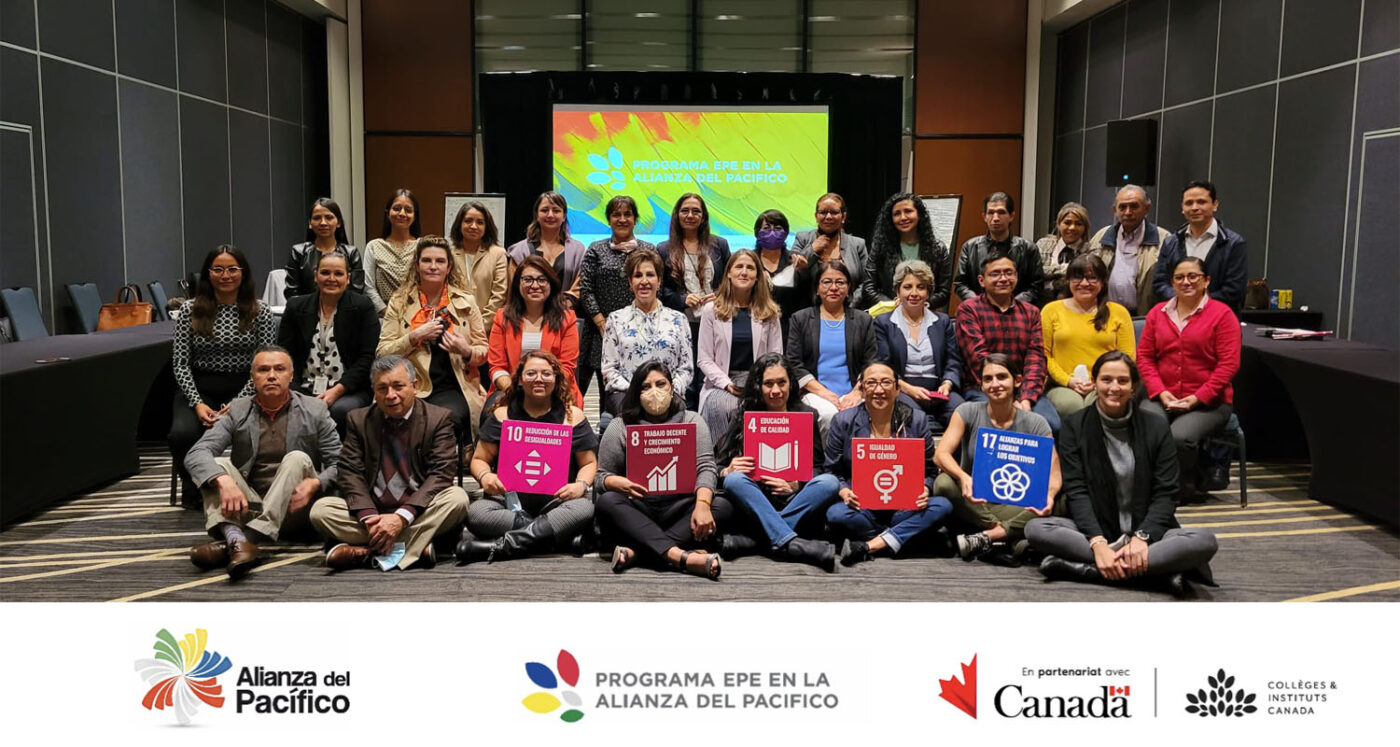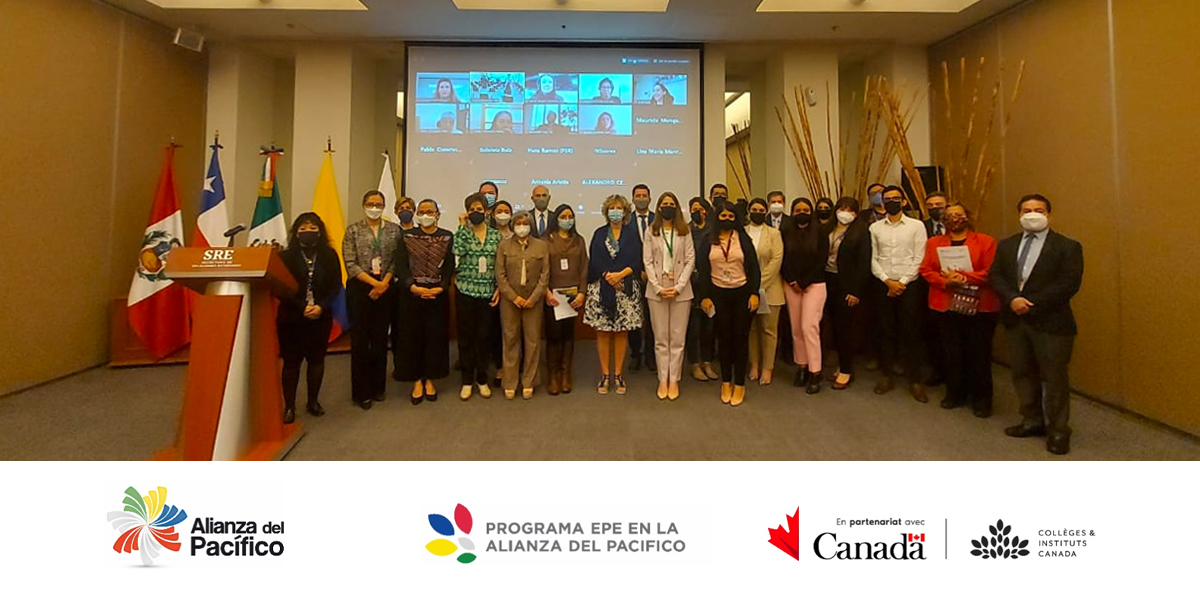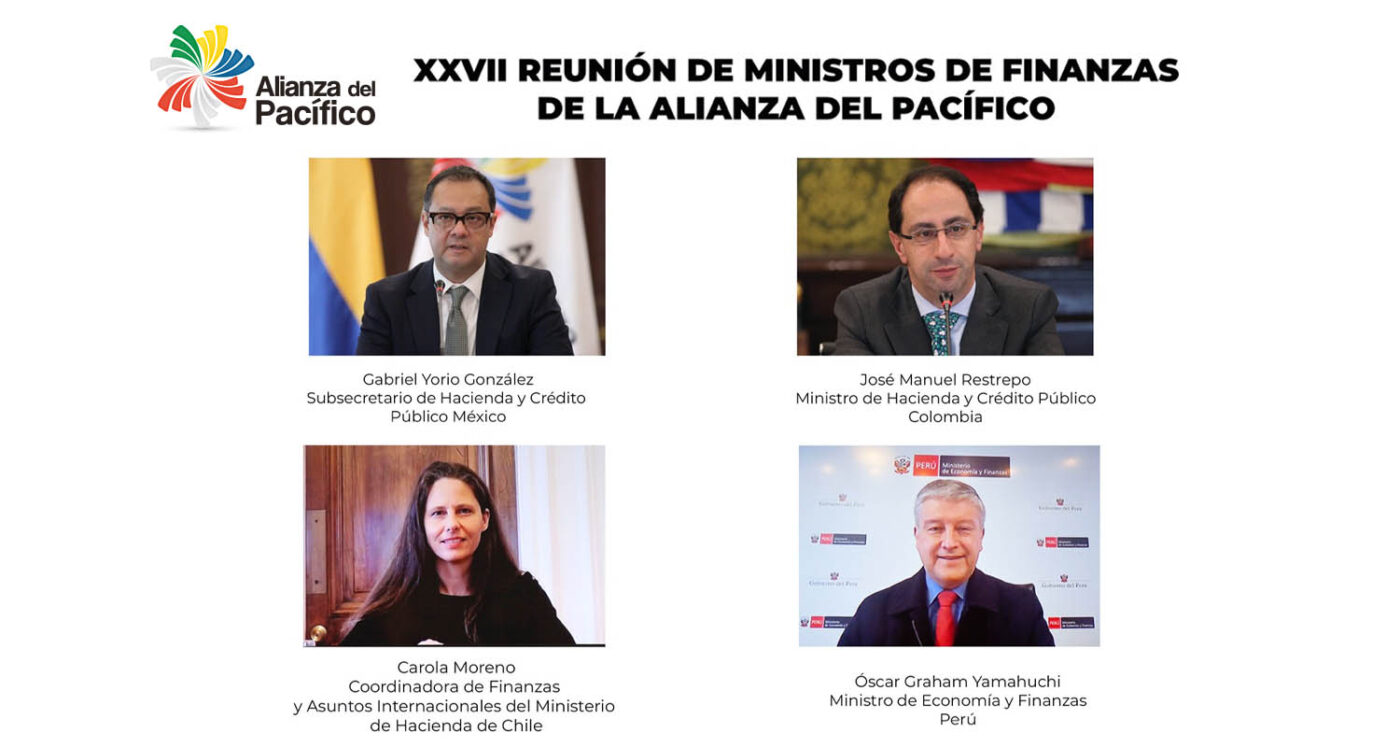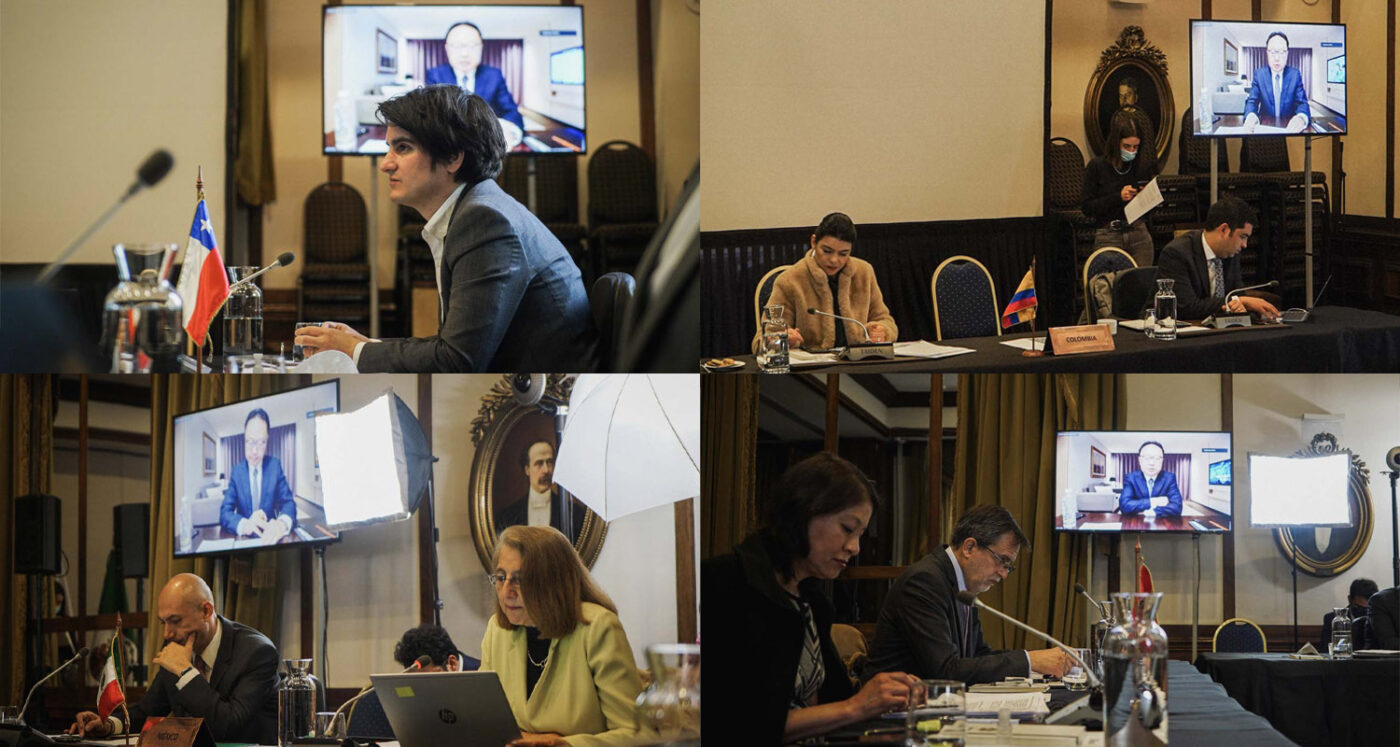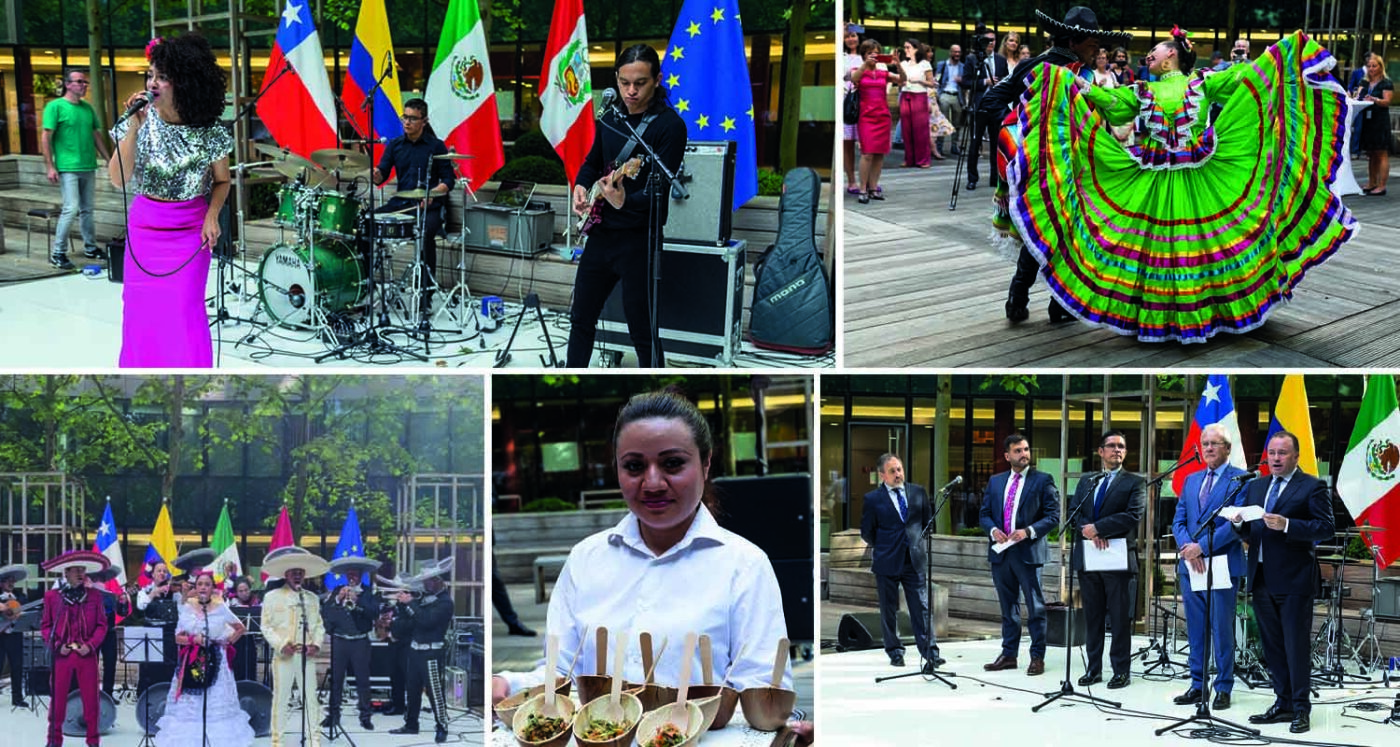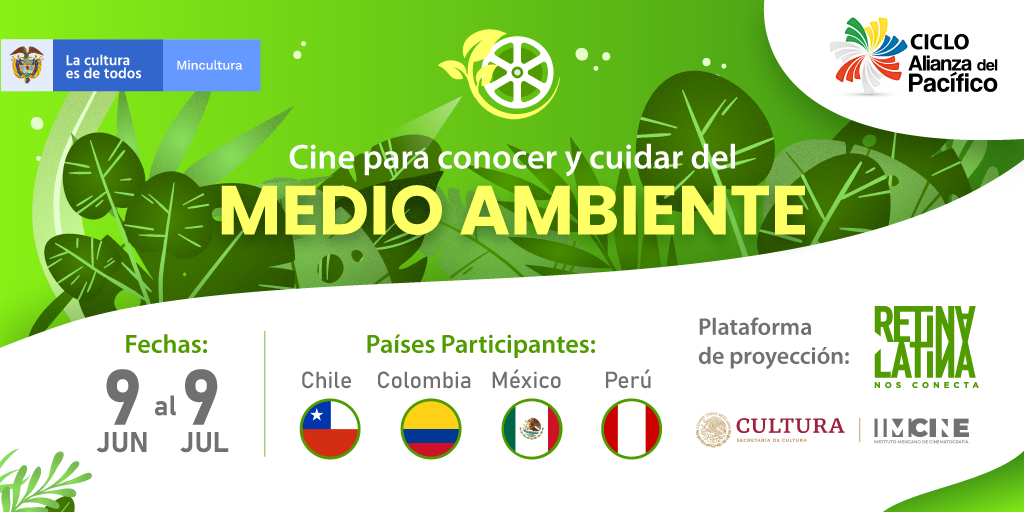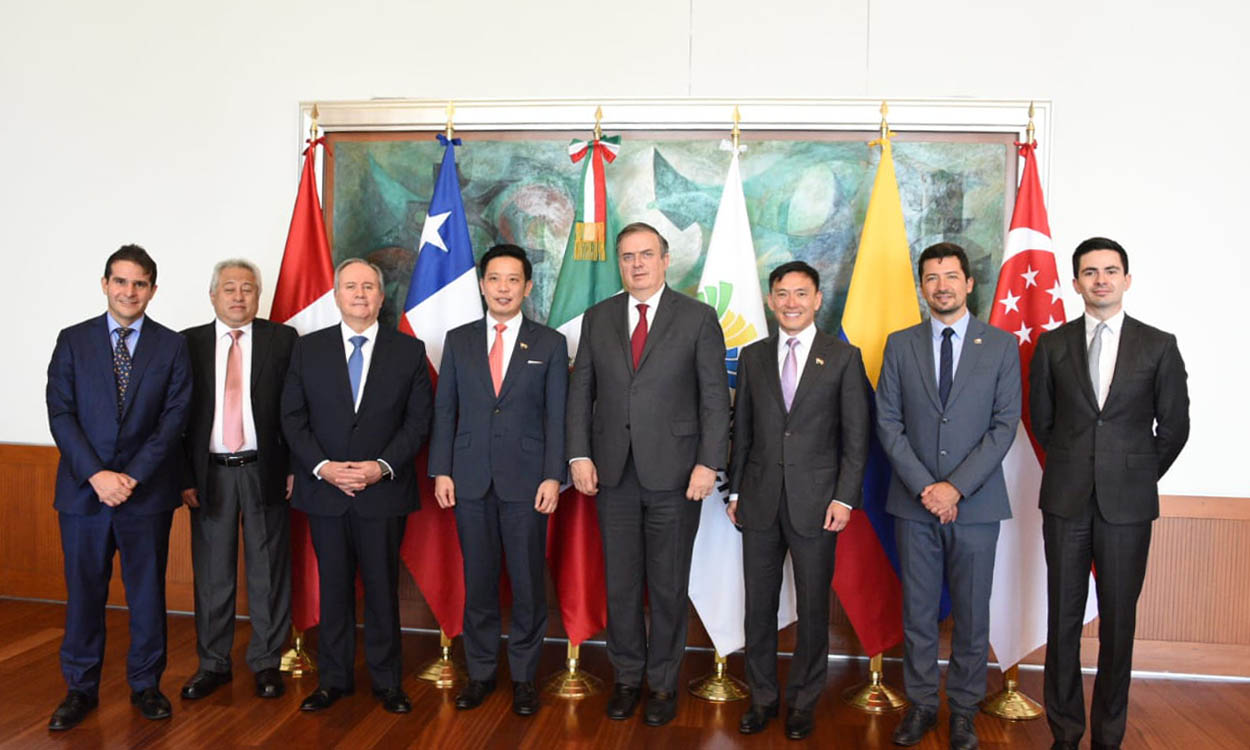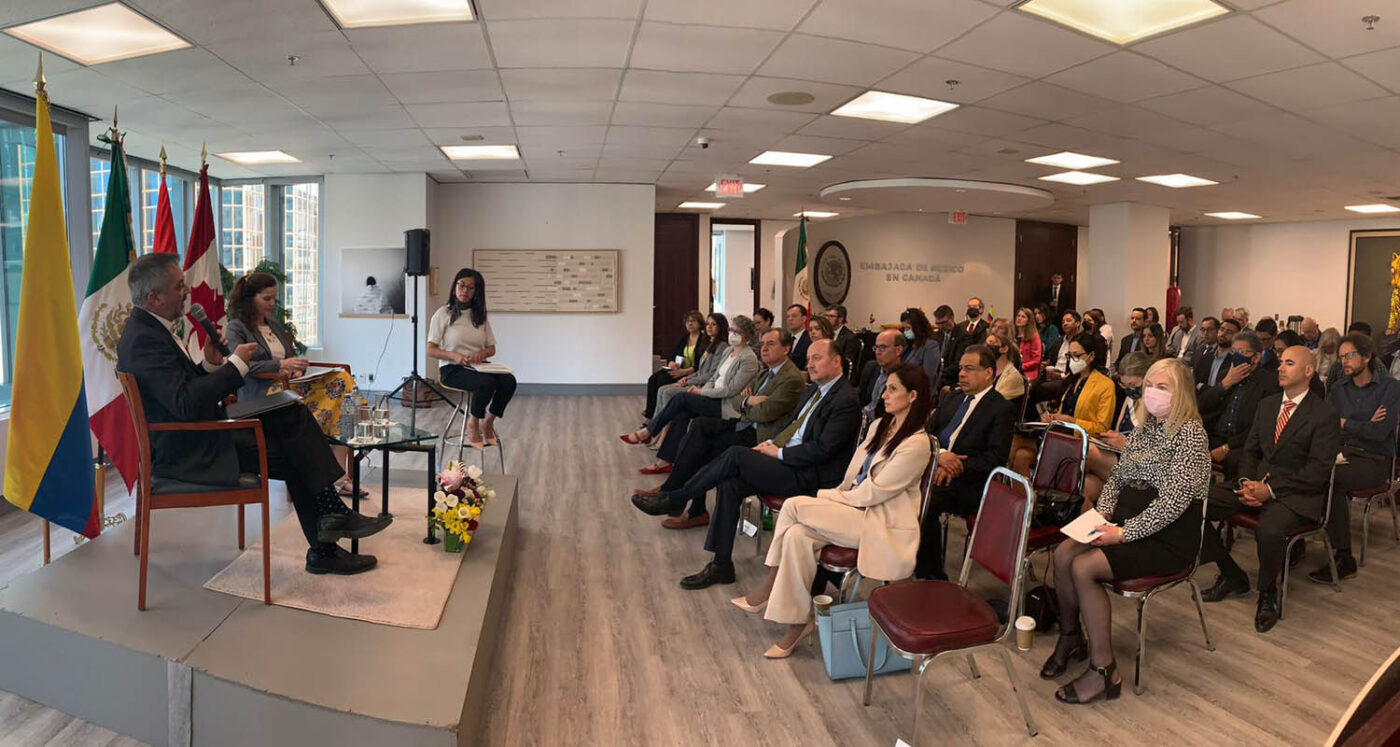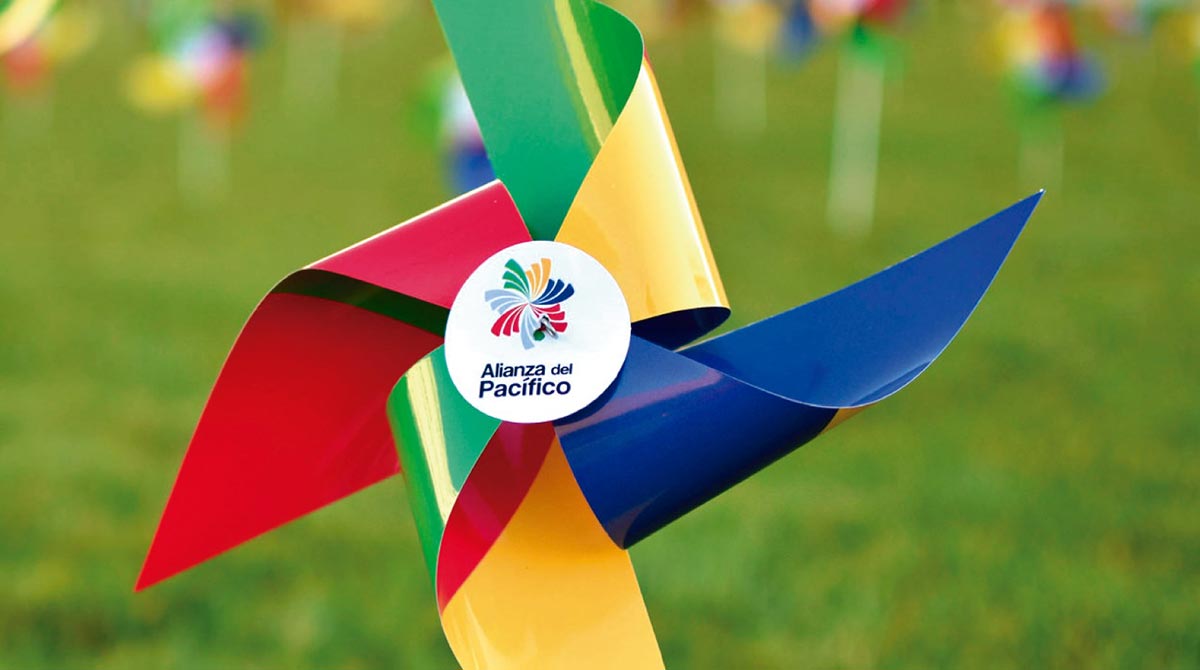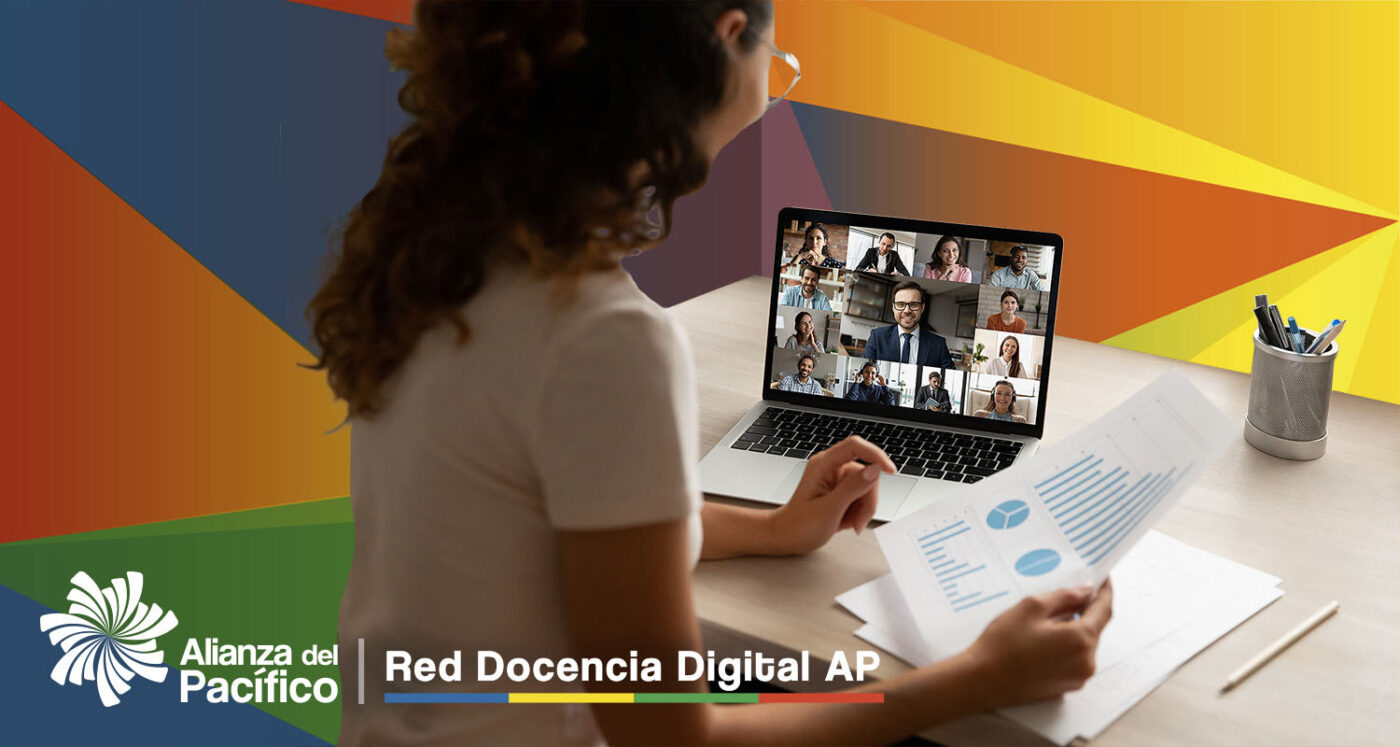July 7 and 8, 2022.- The Pacific Alliance Education for Employment Program for sustainable development and skills for employment in the extractive sector of (PA- EFE), financed by the Government of Canada (Global Affairs Canada) and executed by Colleges and Institutes Canada, the Canadian Association of Technological Institutes, developed a two-day face-to-face workshop, in Mexico City, at the Hilton Reforma Hotel, on the “Design, implementation and monitoring of public policies from the perspective of gender equality ”.
In this regard, Brigid Shea, Principal Agent of the PA-EFE Program, at CICan mentions: “We are very pleased to offer this course that will support the development of skills in the design of public policies, their implementation and monitoring from a gender equality perspective in teams in charge of the design, development and monitoring of sectoral policies in the ministerial teams of the four PA countries, contributing to the strengthening of regional dialogue”.
This course benefited 31 public officials from seven different public secretariats of the Mexican state, such as: Ministry of Foreign Affairs, Ministry of Economy, Ministry of Education, Ministry of Welfare, Ministry of Labor and Social Welfare, Ministry of Tourism, and the National Institute for Women.
This activity is one of the last scheduled activities and its purpose is to achieve the objectives of the Gender Equality strategy of the PA-EFE Program and one of the indicators of the Performance Measurement Table, related to the strengthening of policies, guidelines implemented through of the program that significantly cover gender equality considerations and reinforce the empowerment of women.
This course was facilitated by Araceli Vásquez (Gender Equality specialist from Mexico) in coordination with Eliana Gallardo (Regional Consultant for Gender Equality and Indigenous Communities for the PA-EFE Program) and lasted 16 hours, managing to develop in the participants the following skills:
- Ability to understand basic terms about public policy with a gender equality perspective;
- Perception regarding gender equality as a category of analysis and a strategic tool in the design and formulation of public policies with a gender equality perspective;
- Integrate knowledge and resources of public policy analysis with an equality perspective that allows you to improve your performance as personnel responsible for the public function;
- Knowledge in the cycles of design, implementation and monitoring of public policies from the perspective of gender equality;
- Knowledge of tools for the mainstreaming of gender equality in public policies.
At the end of the workshop, a certification was granted by CICan, which recognizes the skills developed by each participant.
It is planned that this activity will also be carried out in the other three countries of the Pacific Alliance (Chile, Colombia and Peru) in presence-based modality in the upcoming months, and will also be aimed at officials of the partner ministries that work with the EFE-PA Program.

